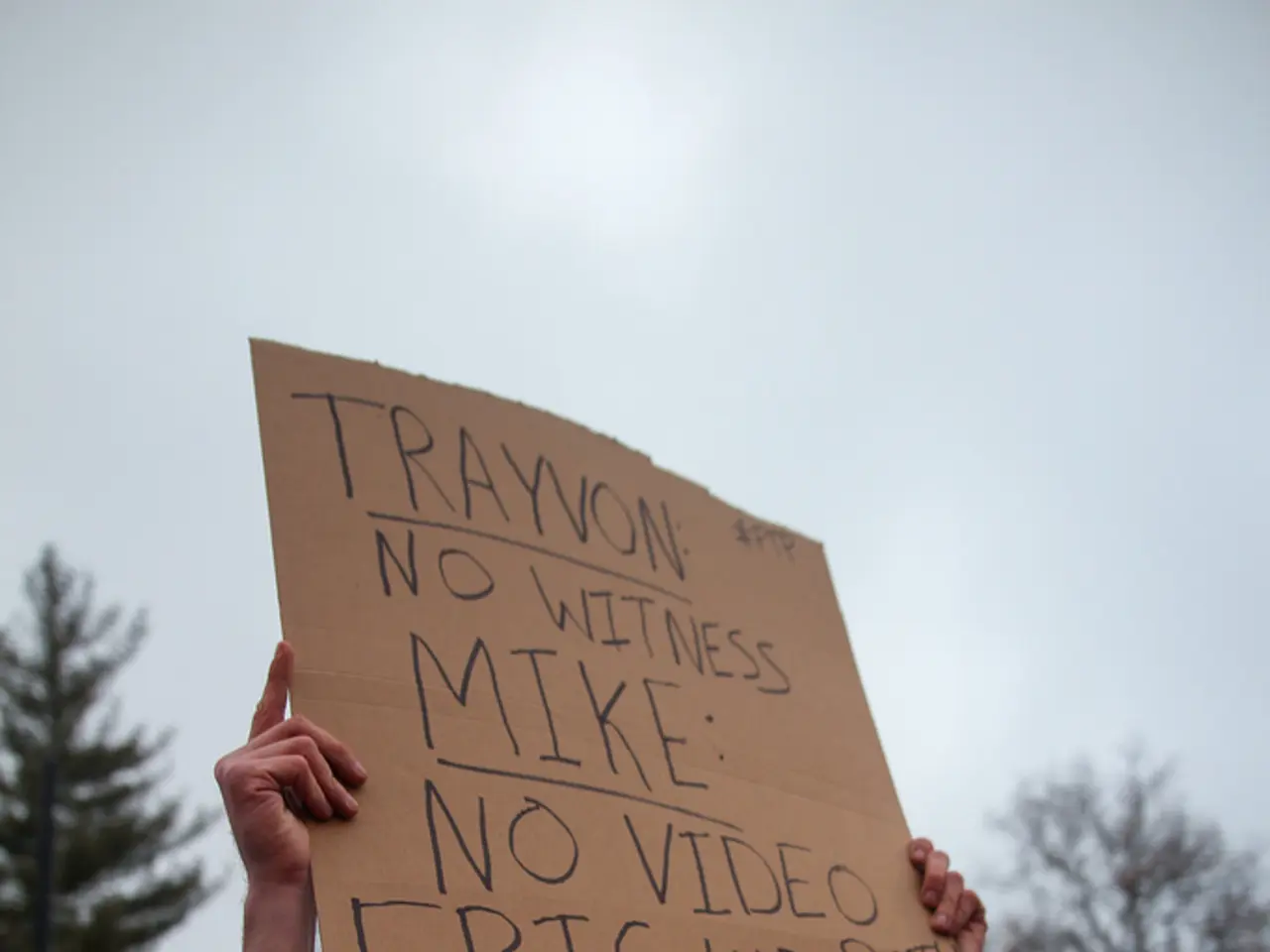Border control restrictions in Saarland should cease, says refugee council; Dobrindt's asylum policy faces criticism
In a move that has stirred controversy, Federal Interior Minister Alexander Dobrindt's border control policy in the German state of Saarland has come under scrutiny, calling into question a central aspect of European policy.
The policy, which was introduced on May 7, 2025, at Saarland's borders with France and Luxembourg, has been met with criticism from various quarters, including the Saarland Refugee Council. The council argues that the rejections contradict European and international law, specifically the EU Asylum Procedures Directive and the Dublin III Regulation.
The alleged 'national emergency' used to justify the actions is considered legally unsustainable, and the council contends that the practice of border controls is unlikely to stand up in the European Court of Justice (ECJ). The refugee council believes these border controls primarily serve to reject refugees and sees the current actions as a clear policy shift against refugees.
The Saarland Refugee Council has condemned the policy of isolation and rejection of refugees, demanding an immediate end to the border controls. Peter Nobert of the Saarland Refugee Council has made these criticisms, stating that the controls threaten the freedom of movement, a central principle of the EU.
The border controls use 'racial profiling' criteria to control and sort people at the borders, a practice that has been met with strong opposition. The policy shift announced by the grand coalition is primarily a policy shift against refugees, a fact that has not gone unnoticed by regional politicians.
Despite its own reservations, the Saarland state government is supporting the border controls. However, critics argue that the controls have economic and freedom-of-movement impacts and prefer alternative joint patrols over permanent controls.
Alexander Dobrindt's actions are seen as fulfilling right-wing populist demands since 2015. The minister has been under fire for his cooperation with right-wing populist forces, although this cooperation is not explicitly documented in available sources.
The criticism is particularly directed at Dobrindt, with the Saarland Refugee Council and regional politicians calling for a reconsideration of the border control policy. As the debate continues, the future of border control in Saarland remains uncertain.
Read also:
- United States tariffs pose a threat to India, necessitating the recruitment of adept negotiators or strategists, similar to those who had influenced Trump's decisions.
- Weekly happenings in the German Federal Parliament (Bundestag)
- Southwest region's most popular posts, accompanied by an inquiry:
- Discussion between Putin and Trump in Alaska could potentially overshadow Ukraine's concerns








